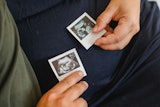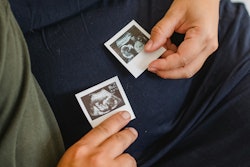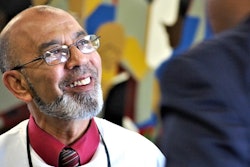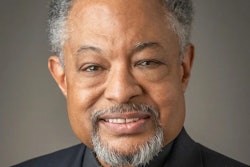University of Louisville Plans Center to Prepare For Biological Attacks
LOUISVILLE, Ky.
The University of Louisville’s role in the crisis-response network has expanded since the Sept. 11 terrorist attacks and the recent anthrax exposures.
Its microbiology lab has tested more than 90 samples of mysterious substances reported by businesses and law-enforcement agencies. The university’s professors also have advised the White House, Congress and federal agencies, such as the Centers for Disease Control and Prevention.
To better coordinate such efforts and to educate local health-care workers, the university plans to create the Center for the Deterrence of Biowarfare and Bioterrorism. The center would bring together the school’s experts in microbiology, public health, medicine and computer science to prepare for and respond to potential biological attacks.
“The goal is to bring these individuals together with additional experts, like in information systems, to detect the first increase in a disease that may involve bioterrorism or biowarfare,” says Paul McKinney, director of the university’s Institute for Public Health Research.
The university’s stable of experts on bioterrorism and public health will enhance its ability to compete for $1.6 billion in federal aid to help communities respond to such threats, school officials say.
“We’re well set to jump in today with this,” says Dr. Ronald Atlas, a professor of microbiology who is advising the White House on biological weapons and is considered a leading bioterrorism expert. “There will be a scramble for money.”
Atlas says the center would be one of a handful of similar university-sponsored facilities across the country.
Dr. Joel Kaplan, dean of the medical school at the University of Louisville, told the university’s trustees recently that he would offer a formal proposal for the center in about six months. As a first step, the university will offer a series of workshops for doctors, nurses and other health-care workers who may find themselves treating victims of a chemical or biological attack.
“We have to train people to look for something that’s very rare,” Kaplan says. “It’s a new mindset.”
© Copyright 2005 by DiverseEducation.com





















